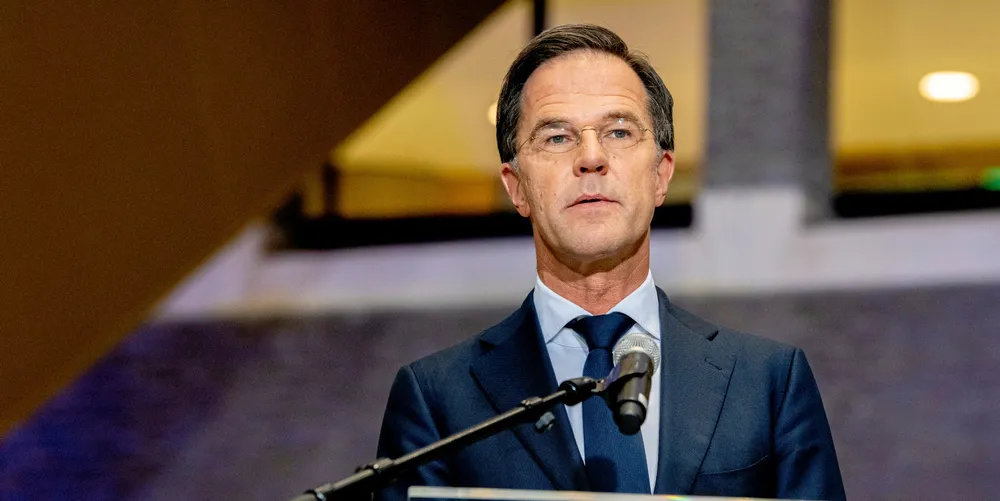'Frontrunner against global warming': Dutch earmark extra $40bn for energy transition and climate
Coalition treaty of new Rutte government earmarks funds for infrastructure in power, heating, hydrogen and considers new nuclear power plants

The renewed Dutch centre-right government has pledged to allocate an additional €35bn ($39.67bn) for the energy transition and climate protection in the coming 10 years in order to be able to raise its emission reduction target to 55% by 2030 (from 49% previously planned).
Four liberal and Christian Democratic parties after elections in the spring had struggled nine months to agree on a renewal of their coalition under old and new prime minister Mark Rutte from the right-wing liberal Party for Freedom and Democracy (VVD), but on Wednesday finally presented their coalition accord.
“The Netherlands wants to be a frontrunner in Europe in combating global warming. In order to be climate neutral by 2050 at the latest, we are tightening the target for 2030 in the Climate Act to at least a 55% CO2 reduction,” the coalition treaty reads.
“We are strongly committed to this goal and, if necessary, will take extra steps to achieve it. In order to certainly reach this goal, we agree to focus our policy on an [even] higher target, which amounts to about 60% by 2030.”
The climate fund will help building the necessary infrastructure in electricity, heating, hydrogen and CO2 (reduction), the Dutch accord said, also mentioning more carbons capture and storage (CCS) efforts.
The coalition treaty acknowledges that in the densely populated Netherlands space is scarce, so the government plans to introduce “clear distance standards” for onshore wind, and also limit large-scale solar installations to roof-tops, or on land simultaneously used for other purposes (ie. agriculture).